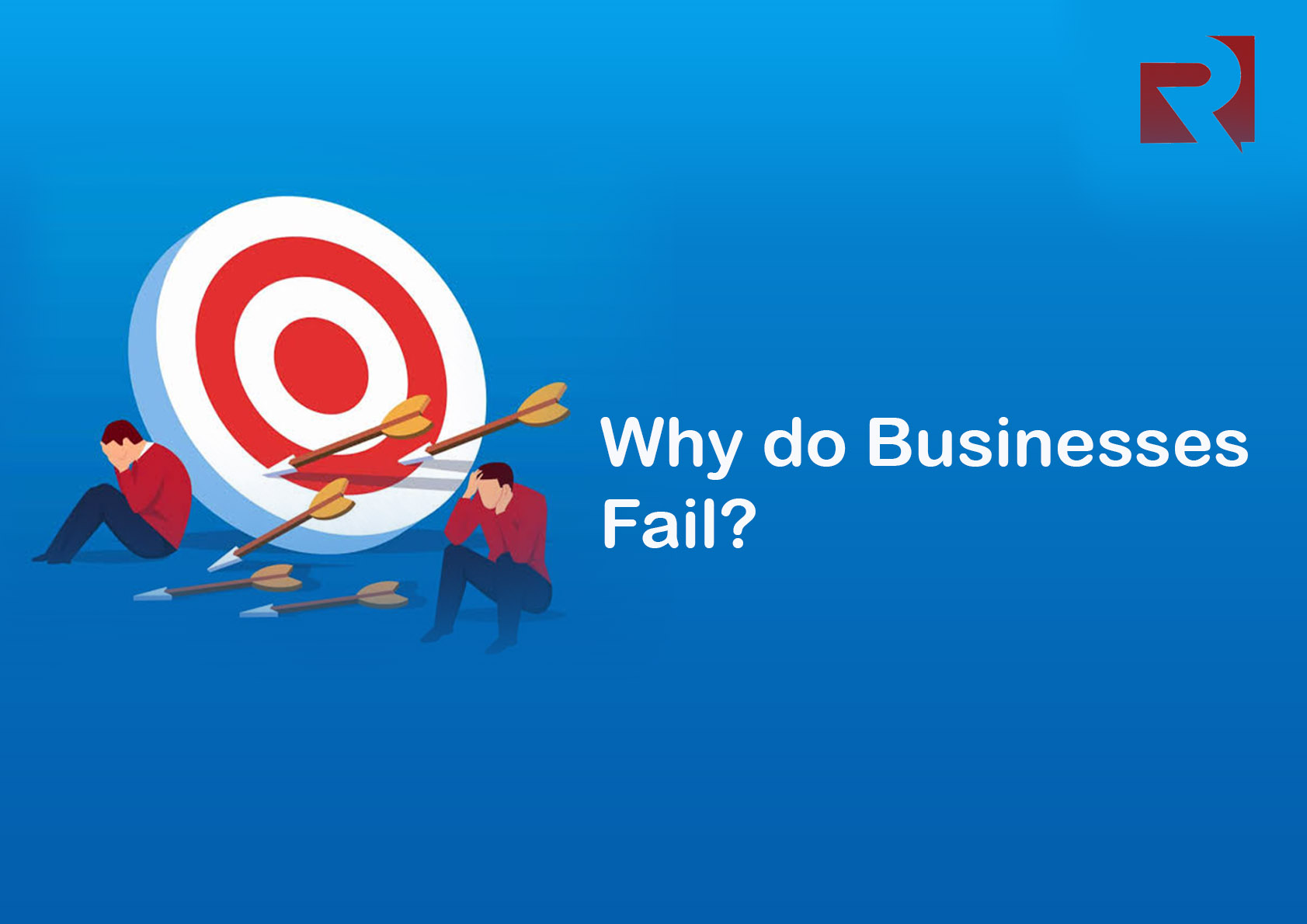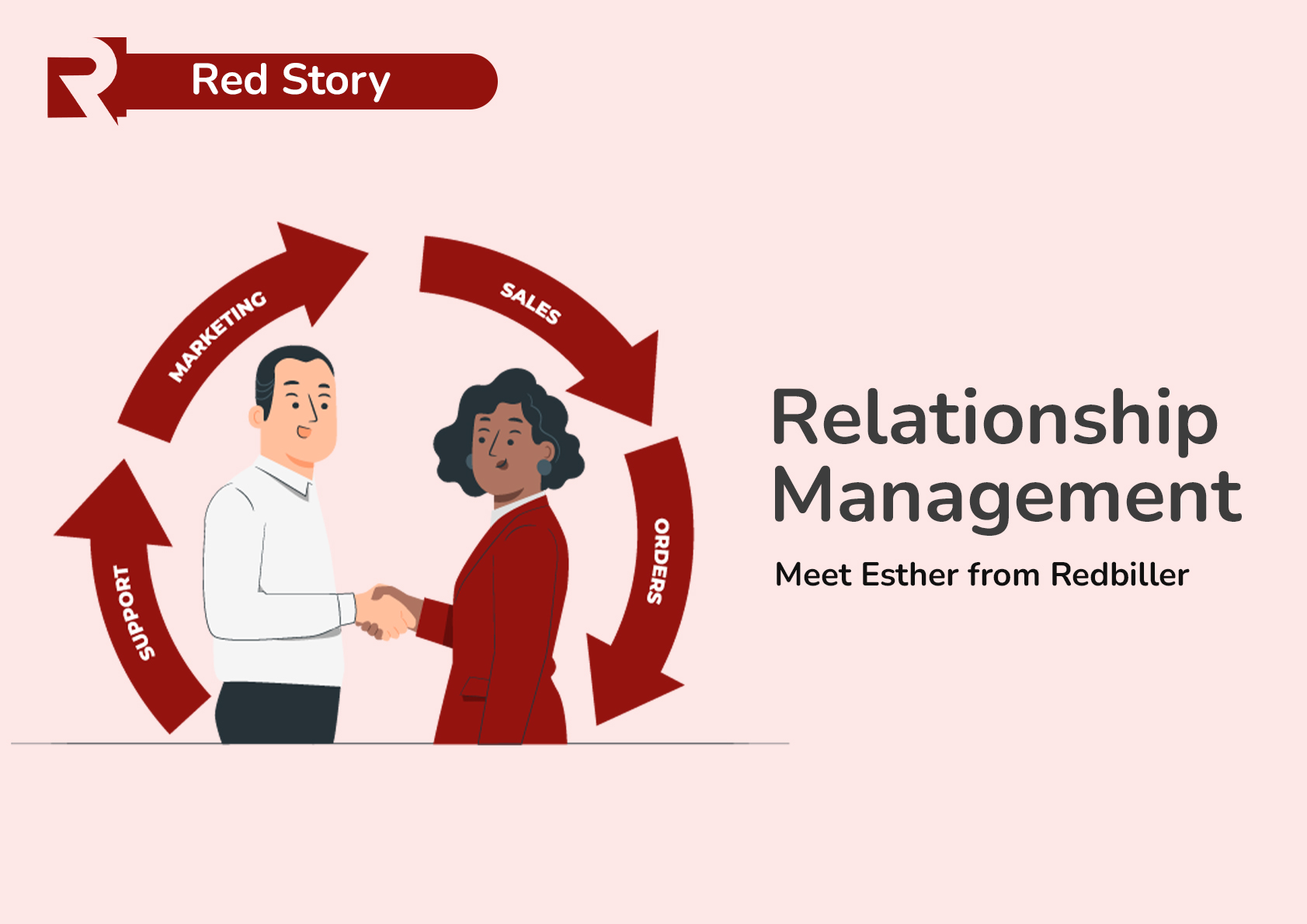This question has been asked many times, and we are yet to hear the last of it. It is a question with so many answers. Yet, none of those answers seems to be the perfect answer or the final answer. Every time one business comes crumbling down, we have a new lesson to learn on things to be done and to avoid. Yet, in the abundance of these lessons and examples, businesses are still failing. Why?
It is because we are quick to forget the basic things that sustain growth and ensure survival. Yes, the basics. They are so minute that they easily get lost in the process of growth and expansion -the sudden boom of the result of hard work, or perhaps, luck.
As your business expands, so does your resources and your responsibility of management, but it is important to remember what matters and the consequences these things have on your business. Most times, you will not see the result immediately. You might even notice the result, but it has little effect at the moment. The real question is, for how long will little remain little?
Lack of capital funding, fraud, and disasters all lead to business failure. Some are even out of your control -change in political climate or an issue that affected the entire industry. But what I want to remind you of here is the slow and steady killers. The ones easily ignored or that nobody notices until it is too late.
Leadership
Most times, you are a good person, brilliant entrepreneur, good salesperson but an inadequate leader. And this doesn’t play out immediately because it might just be you alone at first. But as the business grows and the team begins to grow, your responsibility now includes managing your team to grow the business. And this should mean taking a leadership or management course, attending seminars and workshops, reading leadership books and materials, getting feedbacks and making immediate adjustments.
Success no longer depends on you alone. It is not about having brilliant ideas and being hardworking, having a clear picture. It now depends on how much of those you can communicate to your team so they can see what you see. And if you are not getting it right with leadership, employ or partner with someone who can.
Business Plan
Business plan is fast losing its popularity in our world. A lot of Startups have reduced it to a loan/grant application tool. Many businesses start without a business plan. And even when they eventually get one, it does not answer the relevant questions. Your business plan is not just a random document; it is a roadmap for your business. The process of preparing it should help you consider tough questions that will shape your products, values, and goals. A business without a plan is a business planning to fail.
Values and Internal Culture
You are not your company. Your company is an entity of its own and should have guiding principles that money cannot override. It should dictate the interaction between employees, interaction with customers, and interaction with the general public. These values will continually guide what you reach for and what you should let go of as a company. It will also determine your product design and further investment.
Values dictate the unwritten rule of what is acceptable and unacceptable as employees and representatives of the business. When customers see that your business will do anything for money, they consider alternatives because they cannot trust you to do what is best for them. Also, some people don’t transact with a business that has values and ideals that contradict theirs.
Cost Control and Accountability
Your business money is not your money. It may not be easy to separate when you are just starting. Particularly when you are self-funding your business, and it is your only source of income. But as the business grows, separate it and be accountable for whatever you take out of it. Keep track of cash flow, prepare your financial statement and stick to your budget.
Personal investment is different from business investment. Only make an investment that is good for the business. Do not make investments the company cannot afford. It is also good that you get expert financial advice periodically and before investing. It also helps to be accountable to your employees. It will encourage them to do the same in handling the company’s money.
Rigidity
It is good that you are passionate about your current products. Maybe this passion drove you to start your business, but it does not sustain a business. Be flexible enough to accommodate emerging trends in the market. It could mean investing in another line of products, changing your design or moving to another industry entirely.
Target Audience
Work on expanding your customer base and your reach. Branch out to reach more people, introduce new products and designs that broaden your customer base. Develop products that distinguish you from competitors. It could be having products that your customers need and would prefer to get from the same source. You could partner with another business to offer this service.
Customer Churn
Watch the rate customers are leaving your business, and make sure you work on whatever might be the cause. Most companies do not begin to see the consequences of customer churn until it is too late. It is good that you are acquiring new customers, but how many of those customers remain? Customer acquisition is important but always have in mind that the goal is customer loyalty. If you keep losing customers, it will eventually affect your business.
Longterm Goals
Where do you see your business in the next 10years, the next 20 years, and the next 30 years? That’s too far, right? But answer the question first, if you see your business still doing the same thing it is doing today, I can assure you that the company would be no more when that time comes. If it is, it is probably on the verge of closing down. And that is not a curse. As you work towards increasing profit and cash flow, it is equally essential to ensure the company continues to thrive and grow. Have a picture of where you want to be, a big picture and break it down into every day, every year tasks that will help you reach there.
Help
Every business struggles at some point, and it is not about making bad decisions. Sometimes you can find yourself in an unforeseen situation. Do not let your pride get in the way of what your business needs to back on its feet. Get help when you need it. Get a loan when you need it, merge if you need to, get a professional when you need one, get volunteers when the need arises. Another thing is taking a break when you need to. Do not project your stress and frustration on your business.
Following the words of Tolstoy, all businesses succeed for the same reason. But businesses that fail, fail in their way. Some factors are unique to your business, your demography, your industry. And you must have your guard up against those things. But don’t forget the slow and steady killers that do not have immediate consequences on your business.



